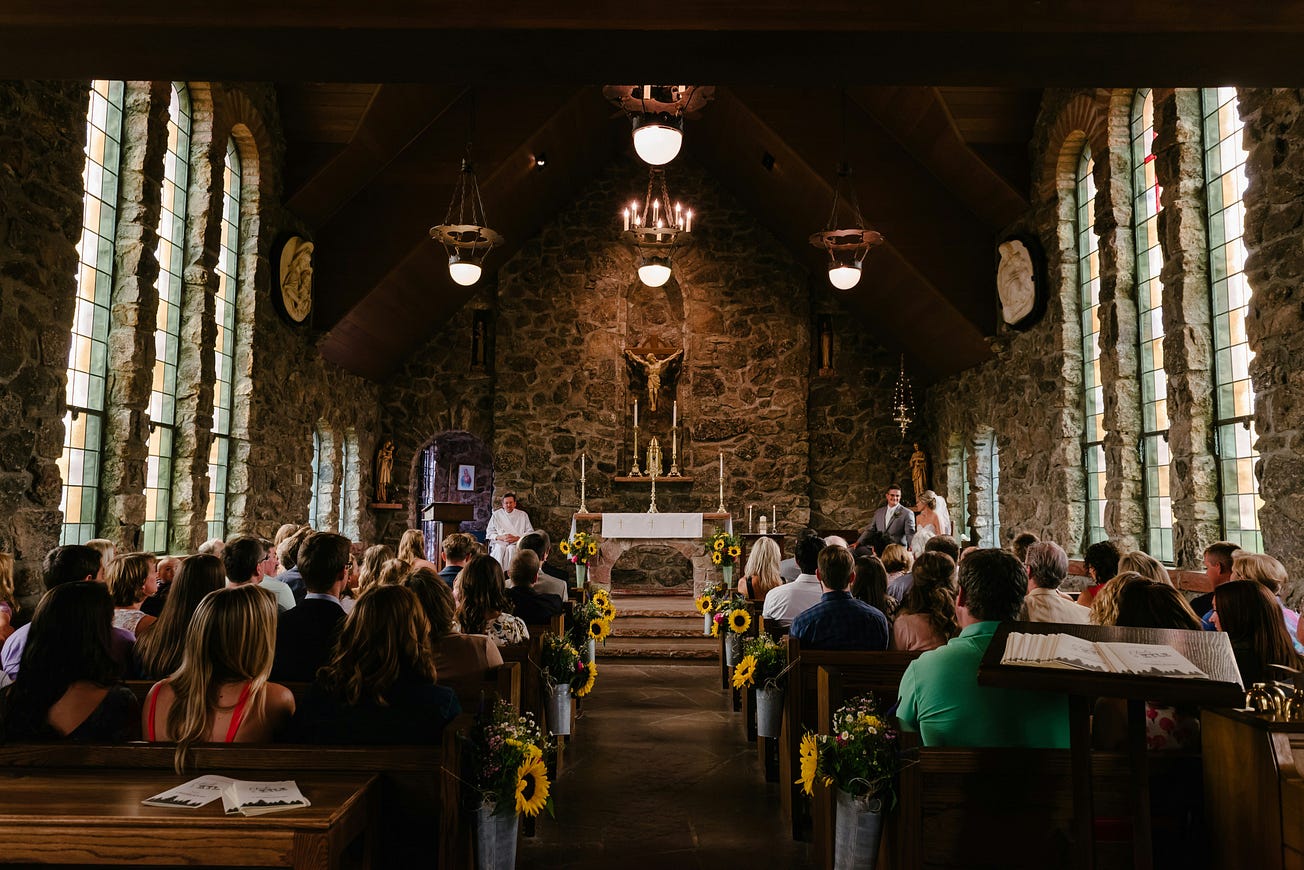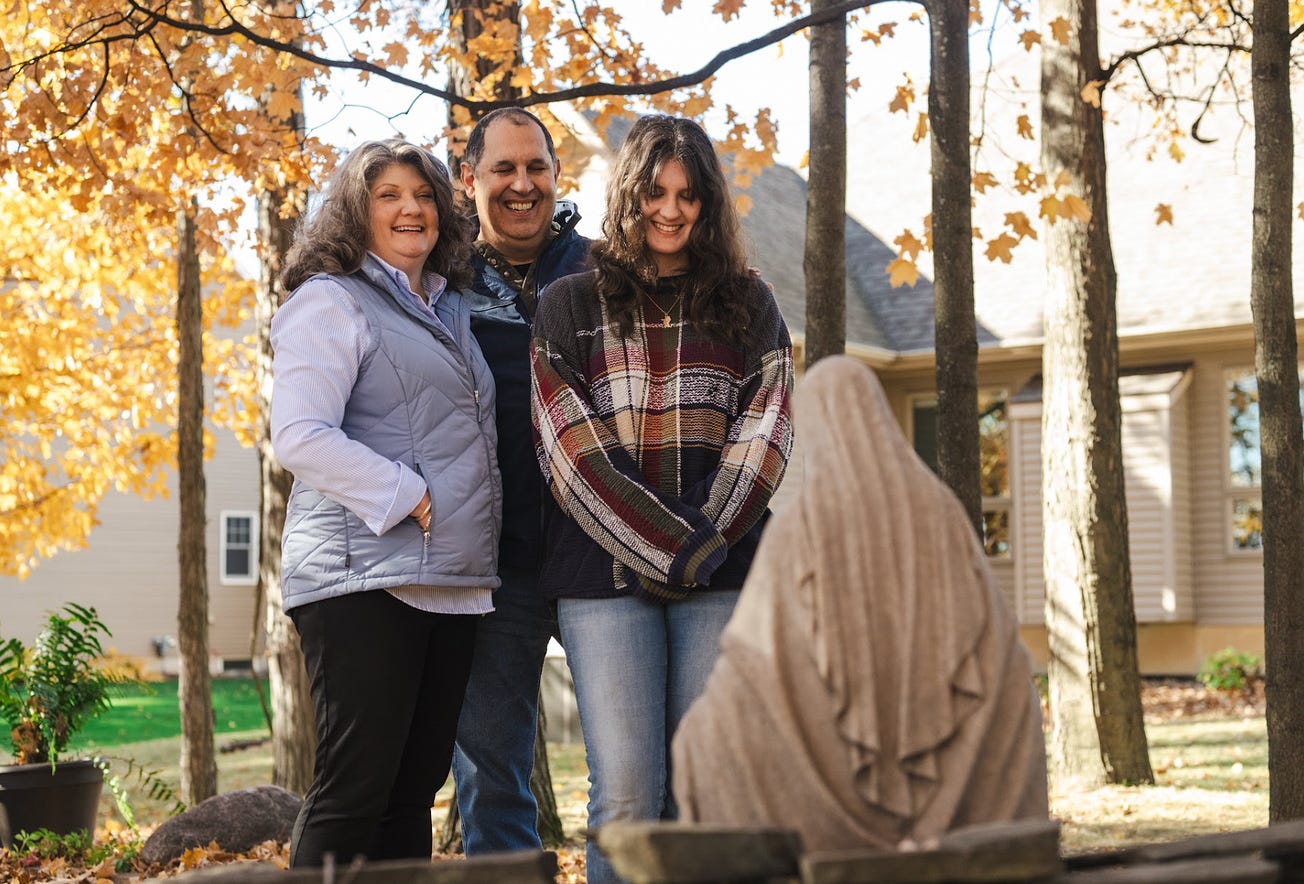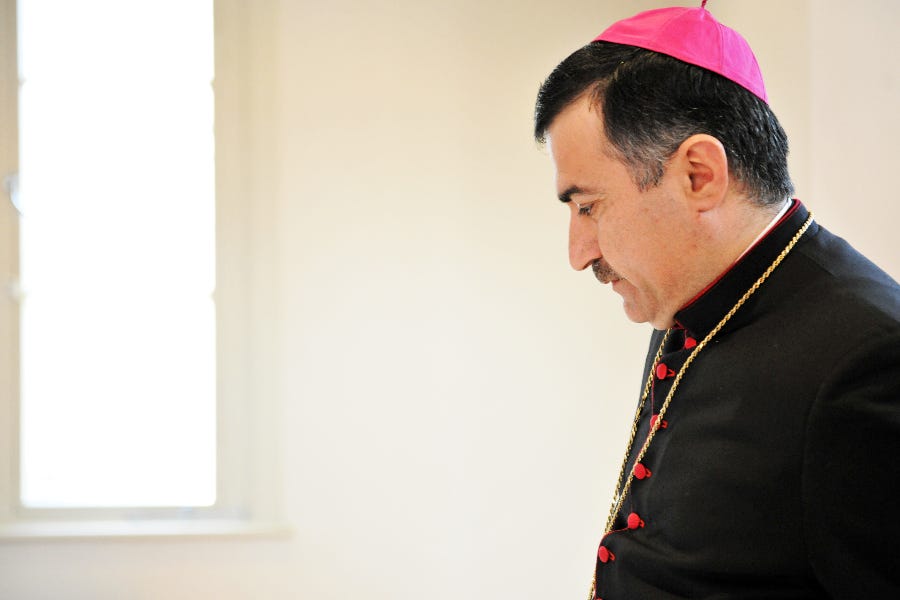Cardinal Angelo Becciu will face a courtroom this month, as Vatican prosecutors have filed charges against ten individuals in a sprawling Vatican financial scandal under investigation for two years.
Indictments were announced July 3. Trial will begin this month, the Vatican press office said Saturday.
The cardinal and nine other people will face trial on charges including embezzlement, abuse of office, fraud, extortion, corruption, money laundering, and forgery of official documents. Cardinal Becciu is the most senior former Vatican official to face charges, and one of only two clerics to be summoned to trial by the Vatican City state tribunal.
The trials will charge misconduct over years of investments and financial transactions at the Vatican Secretariat of State, culminating in the 2018 purchase of a London investment property.
Since an investigation into that purchase begin, Becciu has already been stripped of the prerogatives of a cardinal, has been accused of funding an off-books spy network operated by a “security consultant,” who will now also face trial, and of attempting to hide investments and financial transactions from Vatican oversight.
The Vatican trial of a cardinal for crimes of financial misconduct marks a major milestone in Pope Francis’ promise to reform Vatican curial operations and mandate financial accountability.
Even after Becciu was effectively fired from the Vatican curia in September 2020, and stripped of most benefits that come with membership in the College of Cardinals, some Vatican observers predicted the affair would eventually blow over. When Pope Francis celebrated Holy Thursday Mass privately with Becciu in April, critics of the pontiff and supporters of Becciu both predicted it was a likely first step toward the eventual rehabilitation of the cardinal.
But Francis has said frequently that prosecutors in the investigation were empowered to follow it to whatever parties should be held accountable for financial misconduct. The unprecedented trial of a cardinal in the Vatican City State’s criminal court will be taken by most observers as a sign the pope’s efforts are more than lip service to the cause of curial reform.
Many of the individuals named in the July announcement have been long-predicted to face trial, including:
Raffaele Mincione, the London based businessman who managed hundreds of millions of euros for the Secretariat of State and who sold the Holy See the London building.
Gianluigi Torzi, who brokered the final stage of the building, was shown to have a web of business ties to Mincione that represented a conflict of interest during the sale process. The Vatican also charges that midway through his role in closing the property purchase, Torzi conducted a shakedown for Vatican money amounting essentially to a high-stakes bait-and-switch.
Enrico Crasso, whose company made Vatican investments in several questionable business ventures, including the Elton John biopic “Rocketman.”
Cecilia Marogna, the self-styled geopolitical strategist and security consultant, who has said she operated a private intelligence gathering operation for Cardinal Becciu, which included spying against other senior curial figures.
Fabrizzio Tirabassi, a lay official at the Secretariat of State who, for years, oversaw the administration of Vatican investments.
Msgr. Mauro Carlino, the only cleric to be charged apart from Becciu, a former senior staffer in the Secretariat of State working in the same office as Becciu and Tirabassi.
The indictments also included unexpected charges against Rene Brülhart, the former head of the Vatican’s financial intelligence agency and a widely respected figure in European banking. He has been accused of abuse of office.
Brülhart left his post in November 2019, shortly after a controversial raid on the Financial Information Authority by Vatican police. That raid, which was reportedly authorized by Pope Francis, led to the suspension of the AIF from the Egmont Group, the mechanism by which international financial intelligence agencies share information and work.
A July 3 release from the Vatican press office said the investigation had “brought to light a vast network of relationships with operators in the financial markets that have generated substantial losses for the Vatican finances, having also drawn on the resources intended for the personal charitable works of the Holy Father.”
Not named in the Vatican’s list of individuals to be charged was Secretary of State Cardinal Pietro Parolin, who has overseen the department at the heart of the financial scandal since his appointment by Pope Francis in 2014.
In recent months, it emerged that Parolin personally approved key parts of the London property deal through which Torzi allegedly extorted the Holy See.
In January, it was reported that Parolin personally contacted the president of a Vatican bank to pressure him to approve a 150 million euro loan to underwrite the Vatican’s London investment.
The Vatican has given indication for months that prosecutors planned to bring at least some of the indicted figures to trial. Vatican gendarmes have worked with Italian financial police to serve search and seizure warrants on several occasions, including against Mincione, Torzi, and Tirabassi.
Vatican requests in recent months to foreign courts for asset freezes or arrests gave some indication of the scope of their case, while Pope Francis has made several changes to courtroom procedural law in order to better facilitate trial of some high-profile individuals, including Becciu, who, as a cardinal, is not ordinarily eligible for trial in the ordinary criminal court of the Vatican City State.
At the same time, the court has also added personnel, including an expert in contract law to serve as a judge. Court administrators also announced recently the construction of a larger courtroom to facilitate high-profile trials.
The Vatican’s press release said prosecution will begin July 27.




